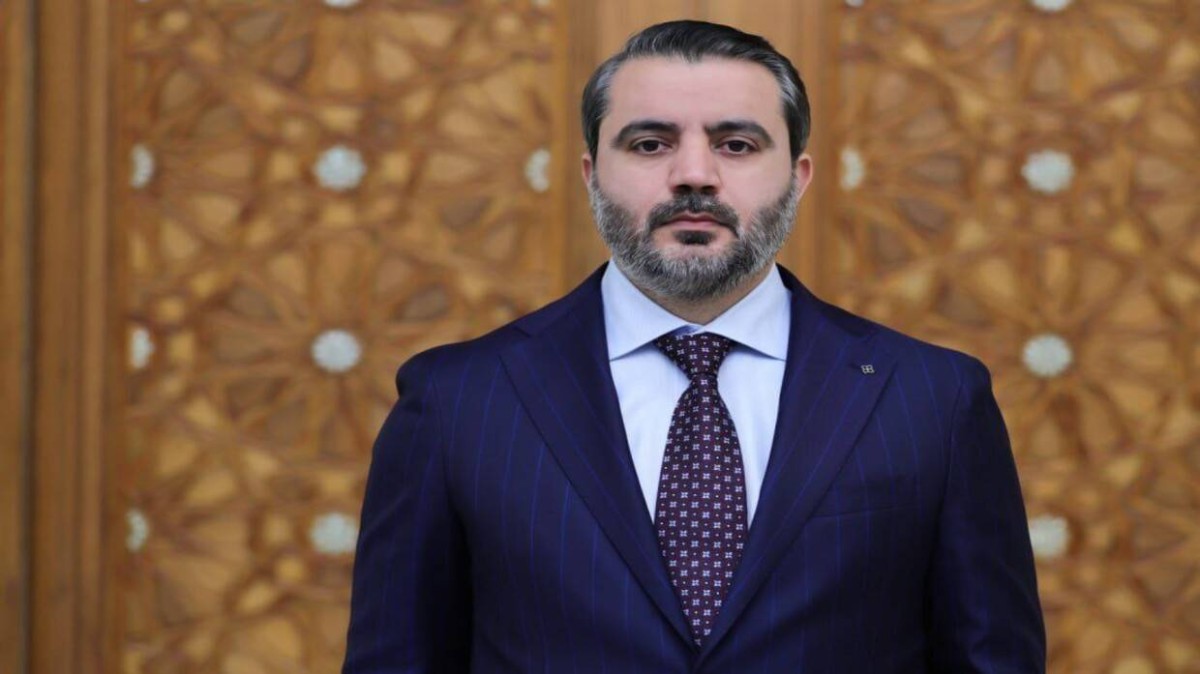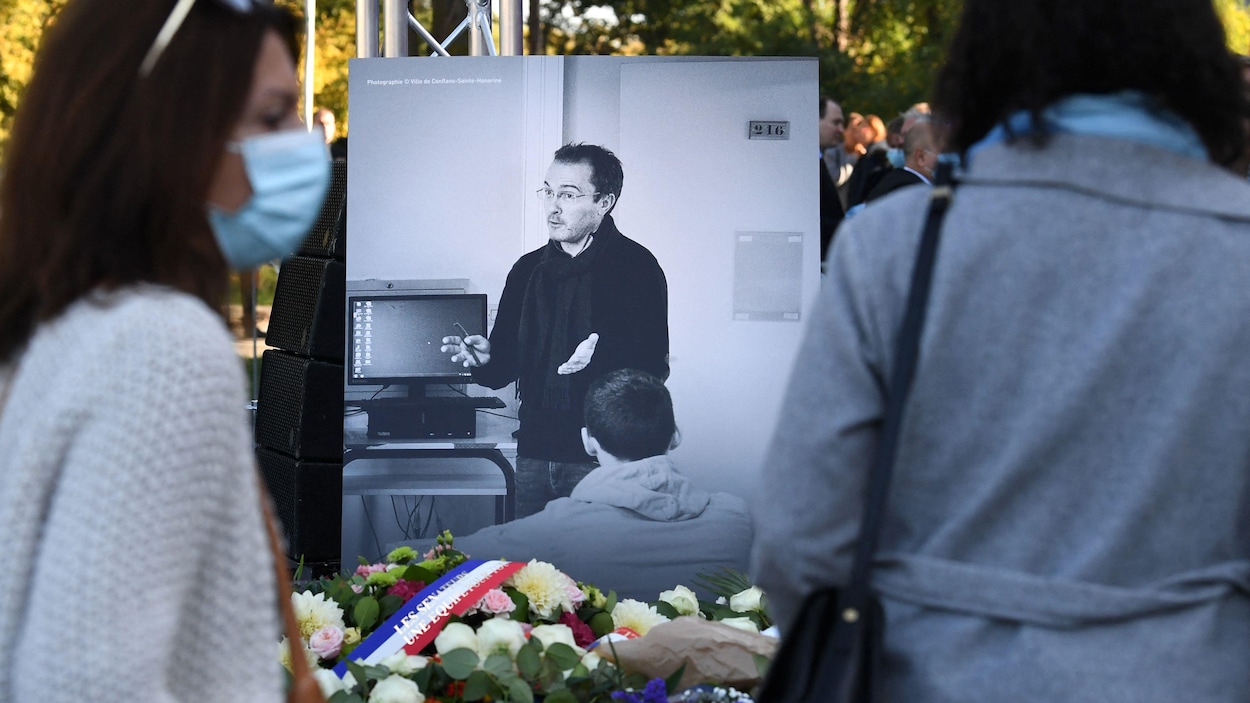Asaad Hasan Al-Shaibani: Who is Syria's New FM?
Explore the pivotal role of Asaad Hasan Al-Shaibani, Syria's newly appointed Foreign Minister. Delve into his background, political involvements, and emerging challenges during a crucial transitional period.
Published December 22, 2024 - 00:12am

Image recovered from albayan.ae
In a significant political development for Syria, Asaad Hasan Al-Shaibani has been appointed as the new Minister of Foreign Affairs. This appointment has been widely reported across various Syrian and international news outlets as marking a strategic move in Syria's evolving political landscape. His appointment was announced by the Syrian Arab News Agency (SANA) as part of the government's efforts to introduce fresh leadership and perspectives in the country's foreign diplomacy.
Asaad Hasan Al-Shaibani, a native of Al-Hasakah Province, was born in 1987 and completed his studies in English Literature from the University of Damascus in 2009. His academic pursuits continued in Turkey, where he achieved a master's degree in Political Science and Foreign Relations in 2022. Currently, he is completing his studies for a master's in Business Administration while simultaneously pursuing doctoral studies in Political Science and Foreign Relations.
Al-Shaibani became a notable figure during the early stages of the Syrian uprising in 2011, aligning himself with opposition forces. His political journey includes foundational roles in the formation of the Syrian Salvation Government, wherein he was instrumental in establishing the Department of Political Affairs. His humanitarian endeavors are well-documented, particularly his collaboration with the United Nations and various humanitarian organizations to aid relief efforts in Northwestern Syria.
This appointment comes at a time when Syria is undergoing a turbulent transitional phase. The recent takeover of Damascus by opposition forces on December 8 forced Bashar al-Assad into exile after more than five decades of family rule. This historical shift has drawn international attention to the appointments within Syria's new administration. Analysts note that these appointments are indicative of the new government's emphasis on pragmatic international diplomacy and humanitarian outreach. Al-Shaibani is seen as a potential bridge-builder capable of facilitating Syria's reintegration into the global community.
Domestically, Al-Shaibani faces a myriad of challenges, primarily the task of rebuilding a war-torn state and ensuring stability across liberated territories. His strategic priorities reportedly include economic reconstruction, fostering international relationships, and stabilizing the socio-political environment post-conflict. The government, in which Al-Shaibani holds a critical portfolio, comprises 12 ministers and has recently placed significant emphasis on women's rights, indicated by the formation of a new ministry dedicated to women's affairs.
Furthermore, Al-Shaibani's appointment is viewed amidst broader governmental reforms, including the integration of military factions into a singular entity under the Ministry of Defense. This effort, led by Ahmed Al-Shara, aims to streamline military oversight and enhance national security amid ongoing instability.
His political affiliations and past associations have been subject to scrutiny. His involvement with various factions and alleged ties with former Islamist groups highlight the complex web of political alliances that the new Syrian government navigates at home and abroad. However, these aspects are yet to be fully delineated in the international media.
The strategic dialogues between top Syrian political figures and American delegations underscore a growing international interest in Syria's political reconstruction. Al-Shaibani's position as foreign minister will be crucial in navigating these waters, striving to balance external pressures with internal ambitions for economic development and social harmony.
In conclusion, Asaad Hasan Al-Shaibani stands as a prominent face in Syria's endeavor to redefine its future. His ministerial role is both an opportunity and a challenge as he embarks on navigating the intricate dynamics of national recovery, regional cooperation, and global diplomacy. The coming months will test his capacity to drive meaningful change in a nation yearning for peace and stability after a decade of civil war.







